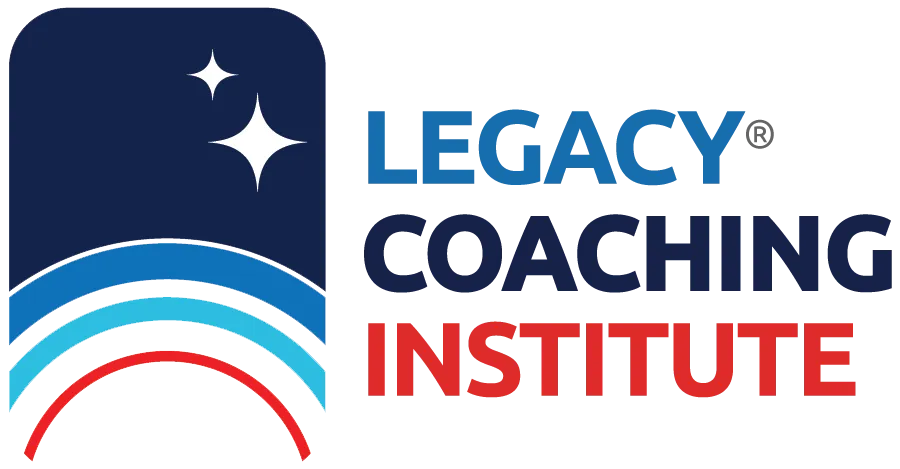The Coaching Industry has become a global industry over the past 25 years. Investing in yourself as a coach has become vital as it is merging into one of the most effective careers worldwide.
Putting this competency into practice helps coaches expand their practice and sharpen their craft to serve more people around the world.
Have you ever heard of a growth mindset as a fixed mindset? A growth mindset is one that perceives matters with openness to intellectuality about different things in life while a fixed mindset is one that is not flexible and perceives matters from one angle only.
You can also now more about how to rewire your mind through Neuroplasticity: How To Rewire Your Brain
Here is how you can embody a Coaching mindset:
1.As a Coach you are your own Best Friend.
A Coach must be his own best friend in terms of showing kindness, empathy, and care to oneself.
Evidently, if the coach managed to be his own best friend, he would be able to provide the same for his clients and achieve better results during coaching sessions.
The more a coach knows himself and becomes in harmony with his values, he would be able to know his clients, see through themselves, ask the most powerful questions to help them become in harmony with their values too.
By being one’s own best friend, the coach would indulge in self-care and prepare for the coaching sessions in terms of looking after his mental health and energy levels.
Moreover, the coach would have the ability to regulate his own emotions through proper activities to help release negative thoughts and emotions.
2.A Coach = Constant Learner
A Coach must abide by the one constant of his coaching journey which is the constant learning and development of himself as a coach to ensure maximum benefit to his clients.
One must wonder why would a coach learn and develop if all he does in the sessions is just ask questions. For instance, knowledge of our own core values, if a coach does not read and educate himself more about the core values, he may not notice that his client is not living his own core values and embodying those of someone else.
Therefore, his intuition wouldn’t be as activated as he would want it to be to serve his clients.
Coaches should never be egoistic and prevent asking for help from outside sources such as coaches or mentors whenever necessary as this hinders their growth, learning, and development.
A coach who constantly learns will always look forward to learning about the different cultures of his own clients to build further rapport with them to make sure there is better understanding during the coaching sessions.
3.Self-Awareness
Coaches must be extremely aware of the fact that they are not responsible for their client’s results no matter what.
They may not save their client’s life unless the client agrees to. Hence, they must acknowledge that their clients are responsible for their own results, decisions, and choices.
Going into the session with such a mindset will put the coach in a more relaxed state as they will not go into the session feeling the responsibility for their client’s accountability which can make them slip into the blackhole of coaching, that is, advising and suggesting.
Know more about how to be a Conscious Coach and Watch these videos: https://youtube.com/playlist?list=PL2DT_3DABYTUNykc2qCAuFL8AO8jfNzg8
